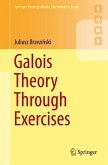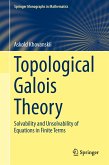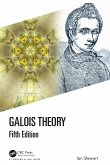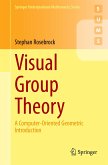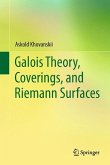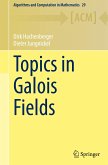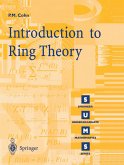This textbook provides an undergraduate introduction to Galois theory and its most notable applications.
Galois theory was born in the 19th century to study polynomial equations. Both powerful and elegant, this theory was at the origin of a substantial part of modern algebra and has since undergone considerable development. It remains an extremely active research subject and has found numerous applications beyond pure mathematics. In this book, the authors introduce Galois theory from a contemporary point of view. In particular, modern methods such as reduction modulo prime numbers and finite fields are introduced and put to use. Beyond the usual applications of ruler and compass constructions and solvability by radicals, the book also includes topics such as the transcendence of e and pi, the inverse Galois problem, and infinite Galois theory.
Based on courses of the authors at the École Polytechnique, the book is aimed at students with a standard undergraduatebackground in (mostly linear) algebra. It includes a collection of exam questions in the form of review exercises, with detailed solutions.
Hinweis: Dieser Artikel kann nur an eine deutsche Lieferadresse ausgeliefert werden.
Galois theory was born in the 19th century to study polynomial equations. Both powerful and elegant, this theory was at the origin of a substantial part of modern algebra and has since undergone considerable development. It remains an extremely active research subject and has found numerous applications beyond pure mathematics. In this book, the authors introduce Galois theory from a contemporary point of view. In particular, modern methods such as reduction modulo prime numbers and finite fields are introduced and put to use. Beyond the usual applications of ruler and compass constructions and solvability by radicals, the book also includes topics such as the transcendence of e and pi, the inverse Galois problem, and infinite Galois theory.
Based on courses of the authors at the École Polytechnique, the book is aimed at students with a standard undergraduatebackground in (mostly linear) algebra. It includes a collection of exam questions in the form of review exercises, with detailed solutions.
Hinweis: Dieser Artikel kann nur an eine deutsche Lieferadresse ausgeliefert werden.


